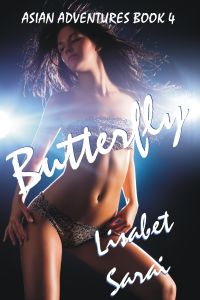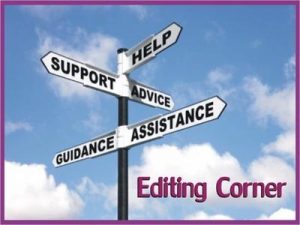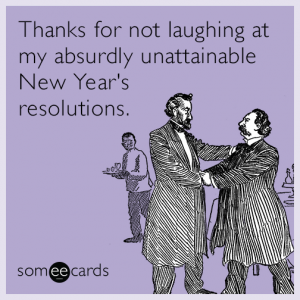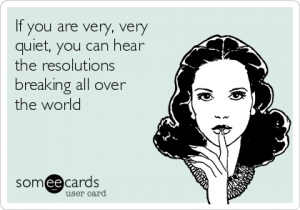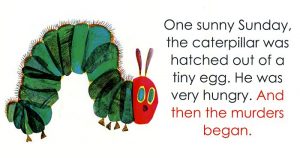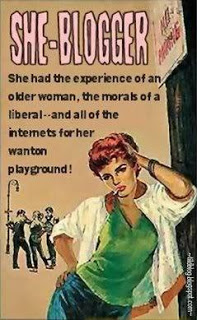In what city does Fifty Shades of Grey take place?
I had to look this up. The answer is Vancouver, Washington, but does anyone care? Does the setting matter at all in erotic fiction?
Many authors (and I suppose readers) might argue that it does not. Certainly quite a lot of the erotica and erotic romance I encounter is set in a generic urban or surburban environment without any distinctive geographic or cultural features. These tales focus entirely on the characters and the action, which apparently could be happening anywhere. The background is an undifferentiated blur.
Personally, I prefer stories that provide a strong sense of place. I guess that’s because I read erotica for the total emotional experience, not just for the sex. However, I also find that a specific, vividly depicted setting can heighten the erotic charge.
One time-honored technique in writing erotica is to use all the five senses. Our bodies are located in space, and our senses bring us messages from that space. So the roughness of the cheap blanket in the seedy hotel room—the fragrant fresh-mown grass clinging to our sweaty bodies—jazz, drifting in the window from Bourbon Street—the sticky sweetness of the ice cream we shared, before you dragged me into the cool shadows under the pier (which smells of rust and seaweed)—the distant orb of the full moon sailing above as I lie on my back with you pounding into my cunt— all these sights, sounds, scents, tastes and textures combine to bring an erotic interlude to life in the imagination.
Of course, you can provide sensory details without specifying exactly where it’s all happening. As an author, though, it’s easier to conjure these details if you have a particular setting in mind.
Setting complements and enhances both character and plot. Where you come from, where you live, strongly influences who you are. A person from Boston thinks, speaks and acts quite differently from someone who comes from Los Angeles (not to mention Marseille or Singapore). Even when I don’t mention it, I almost always know my characters’ geographic histories. Not infrequently in my stories the major conflict flows from background or cultural differences between the protagonists.
Meanwhile, certain events can occur only in certain places. For instance, a devastating landslide is pivotal in my MMF tale Monsoon Fever, providing a catharsis that pulls the characters into three-way sex. That story is set in hilly Assam, India. It just wouldn’t work in Bangkok, or Venice, or Minneapolis.
I guess I’m known for my evocative and varied settings. My novels take place in Thailand, in Boston, in London and LA, in Pittsburgh, in rural Guatemala, in Paris, in Rajasthan, in Manhattan, in Worcester MA, and in northern California. I’ve written stories set in Provence, in Newport RI, in Nebraska, and in Amsterdam. I do tend to return in my writing to places I’ve lived or visited often, as I can describe them with greater ease, but I certainly haven’t been to every location that shows up in my fiction.
I wonder if readers can tell which of my settings are based on real experience, which on research and imagination.
For me, the joy of reading is being pulled into a new world, rich in detail, intense and believable. So I want to know where a story is happening—even if that location is totally fictional. George R.R. Martin’s Game of Thrones series has the strongest sense of place I’ve ever encountered in a book. That’s one reason why I love it.
I try to offer my readers the same joy. I know some of you don’t care. I’m writing for those of you who do.
(If you’re one of those people, check out my new Asian Adventures series—short erotic pieces set in different Asian locales. The most recent title, set in Thailand, is Butterfly.)


